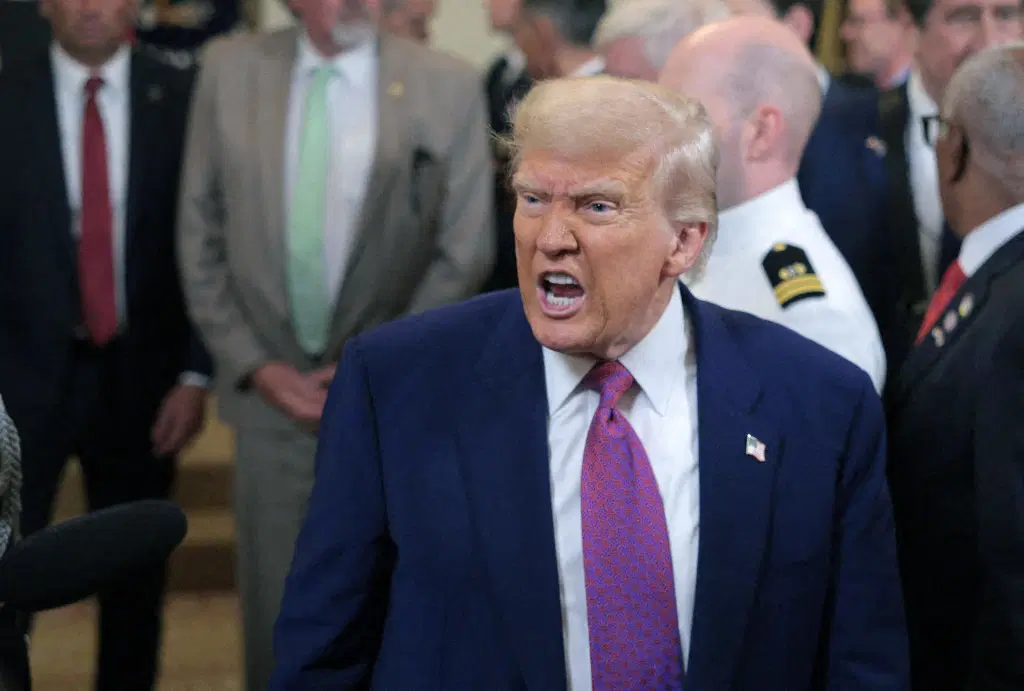On Sunday, July 6, 2025, U.S. President Donald Trump announced via Truth Social that any country aligning with the “Anti-American policies” of the BRICS bloc—comprising Brazil, Russia, India, China, South Africa, Egypt, Ethiopia, Indonesia, Iran, Saudi Arabia, and the United Arab Emirates—will face an additional 10% tariff on goods, with “no exceptions.” The statement, made during the 17th BRICS Summit in Rio de Janeiro hosted by Brazilian President Luiz Inácio Lula da Silva, followed the bloc’s Rio Declaration, which condemned U.S. and Israeli military strikes on Iran and criticized Trump’s “indiscriminate” tariff policies as violations of World Trade Organization (WTO) rules. Trump’s threat, part of a broader trade war escalation, coincides with the expiration of a 90-day tariff pause on July 9, 2025, with tariff letters to be sent starting July 7 at noon ET (5:00 PM WAT) to enforce higher duties from August 1.
The BRICS summit, attended by leaders like India’s Narendra Modi and China’s Premier Li Qiang (with Russia’s Vladimir Putin joining virtually due to an ICC warrant), emphasized reforming global governance and reducing reliance on the U.S. dollar, which Trump previously threatened with 100% tariffs if pursued. The bloc, representing 40% of global GDP and over half the world’s population, condemned U.S. actions, including April 2025 strikes on Iran that killed two U.S. contractors, prompting symbolic support for Iran without naming the U.S. directly. Trump’s tariff threat, seen as a response to BRICS’ push for a multipolar world order, risks straining ties with key partners like India, which is negotiating a mini-trade deal to avoid higher duties. China’s Foreign Ministry, via Mao Ning, rejected the tariffs as protectionist, warning of global trade disruptions.
Nigeria, a BRICS partner country since January 17, 2025, alongside Belarus, Bolivia, Cuba, Kazakhstan, Malaysia, Thailand, Uganda, and Uzbekistan, risks economic fallout from the tariffs, given its $4.73 billion in 2024 remittances and $1.745 million bpd oil exports. President Bola Tinubu, at the summit, advocated for equitable global governance, aligning with BRICS’ call for fair financing and climate action, which could be interpreted as “anti-American” by Trump’s vague criteria (web:0). Nigeria’s trade with the U.S., including $3.2 billion in non-oil exports (NBS 2024), could face increased costs, exacerbating domestic challenges like 33.9% inflation (NBS April 2025). The African Democratic Congress (ADC) criticized Tinubu’s reforms as “optics,” suggesting domestic political pressure may intensify if tariffs hit.

Leave a Reply